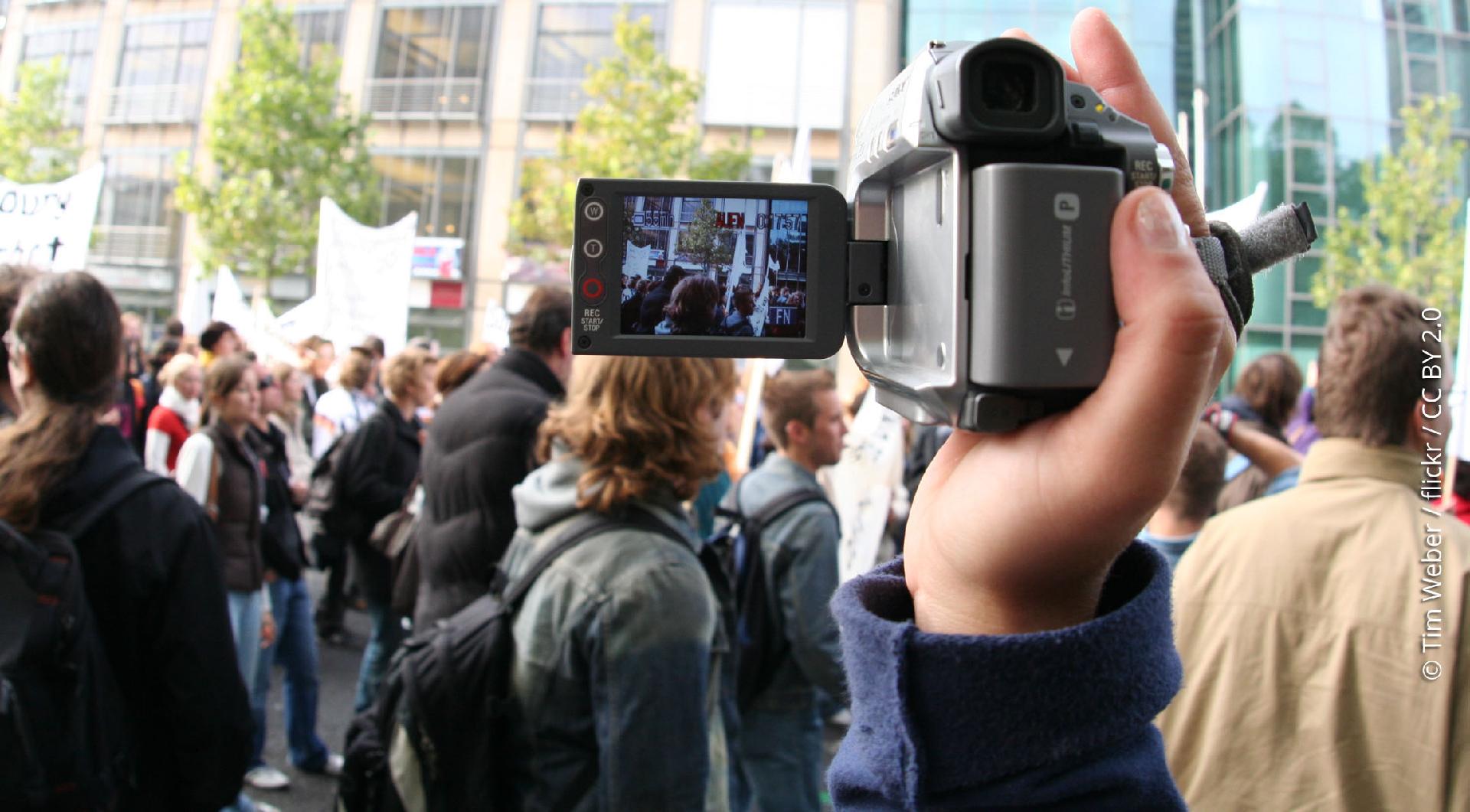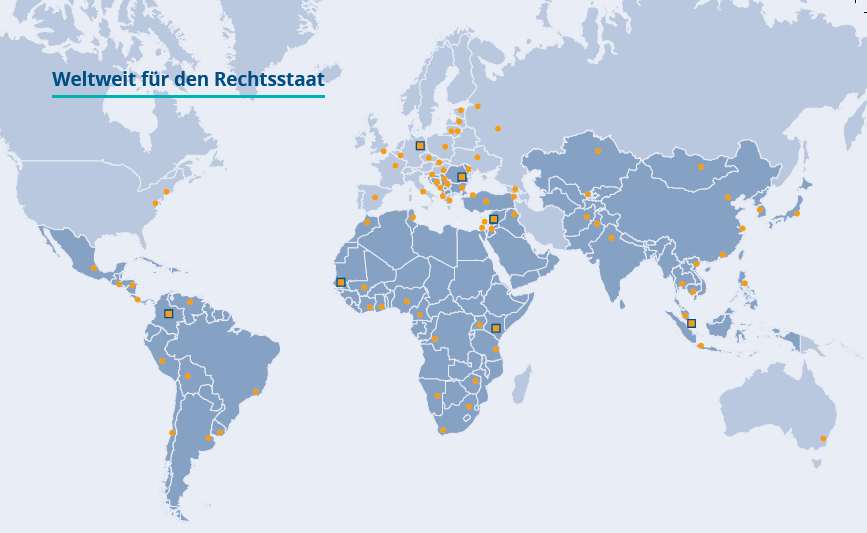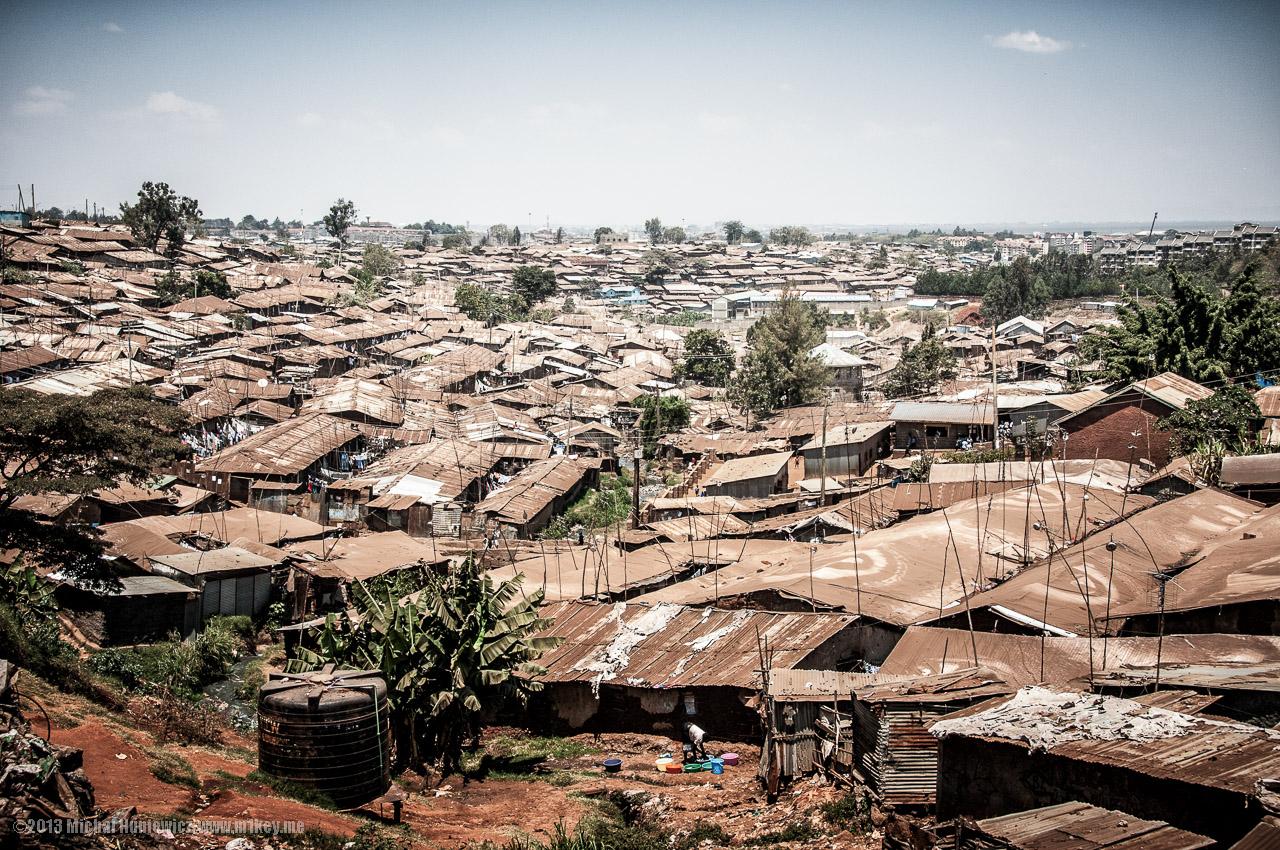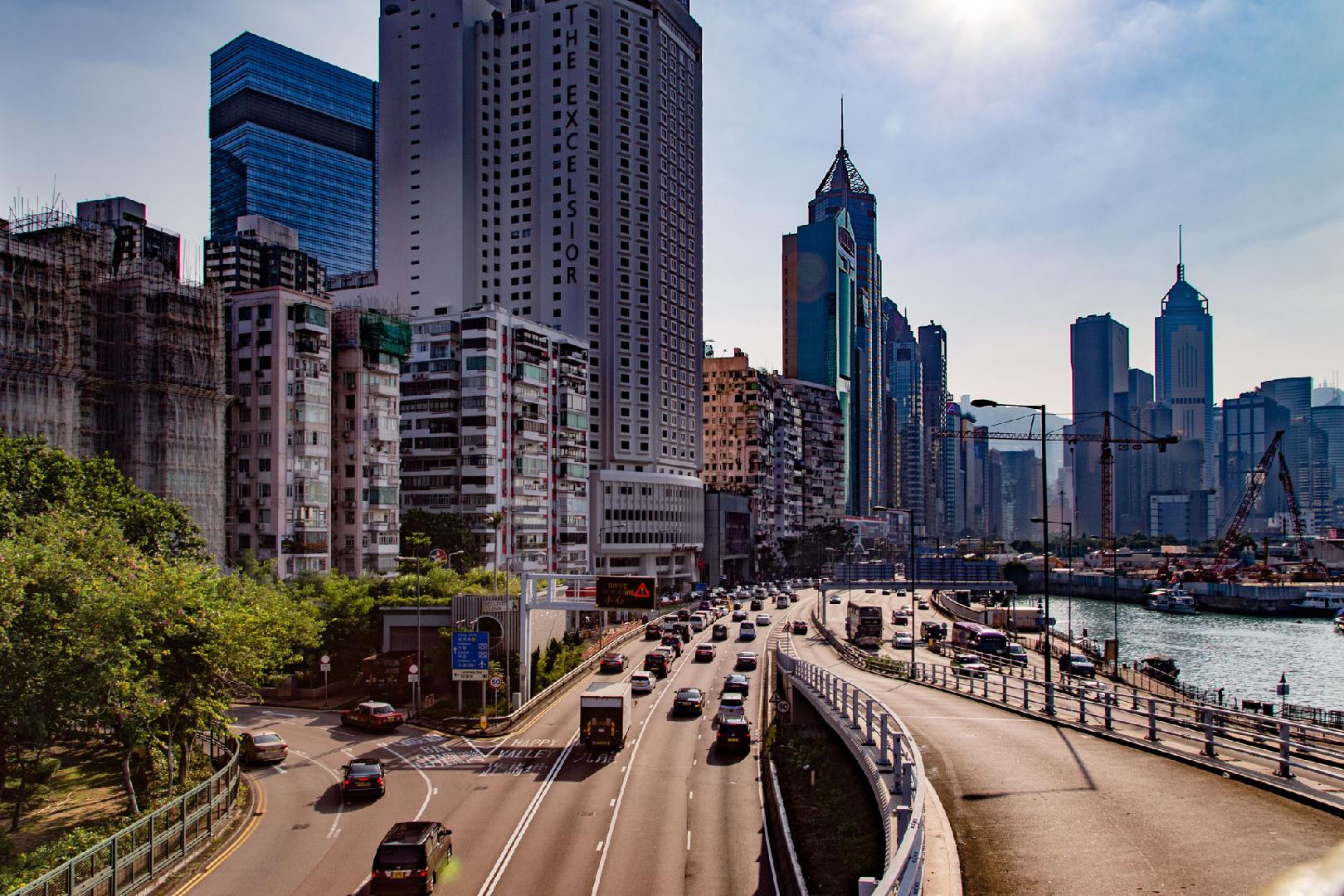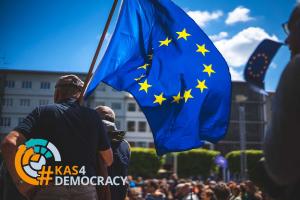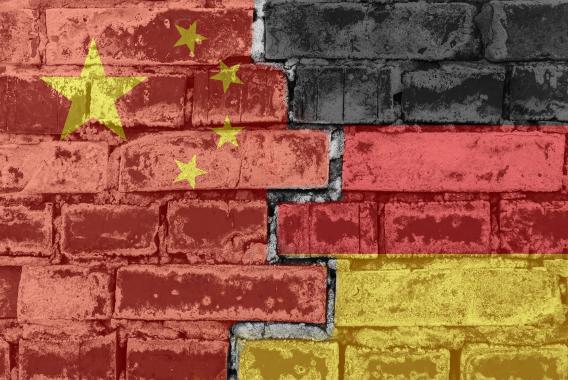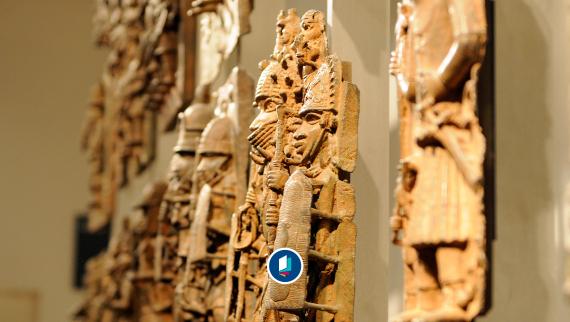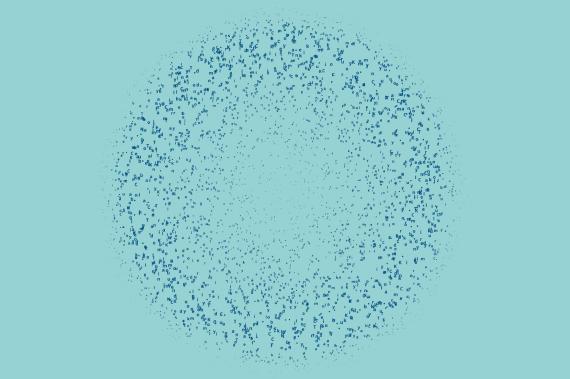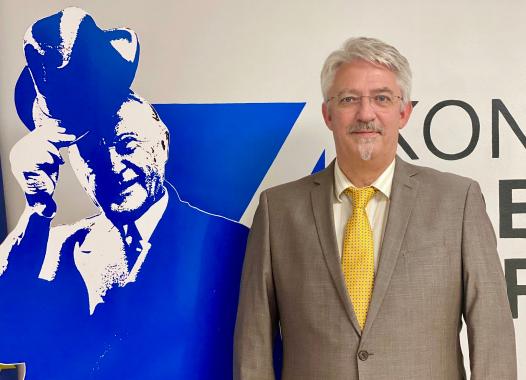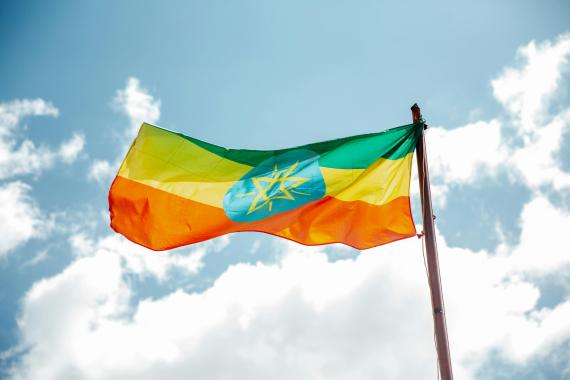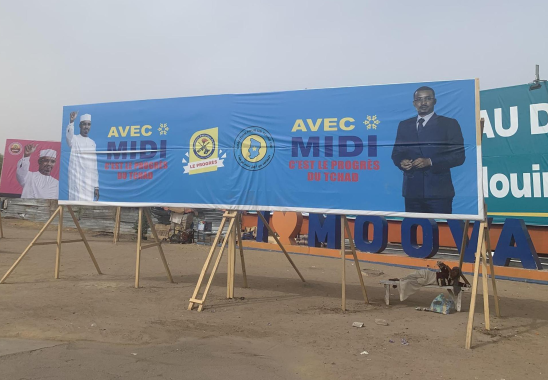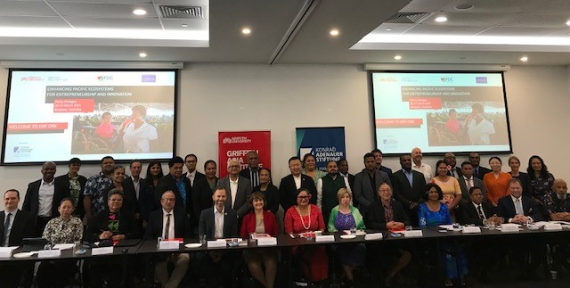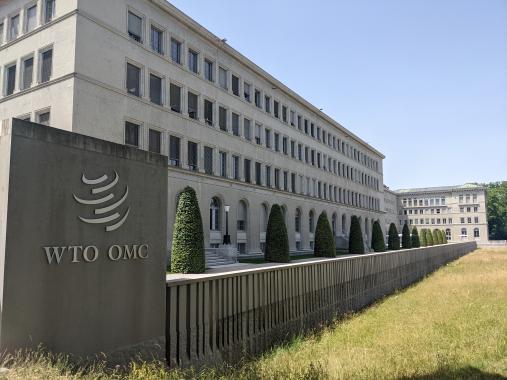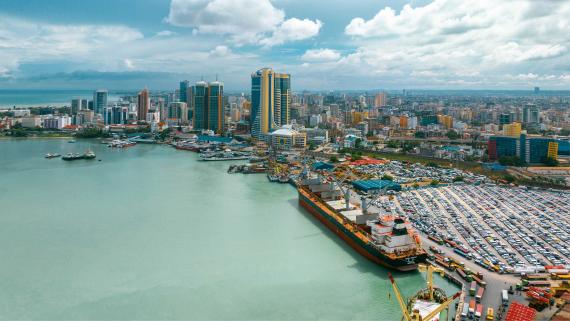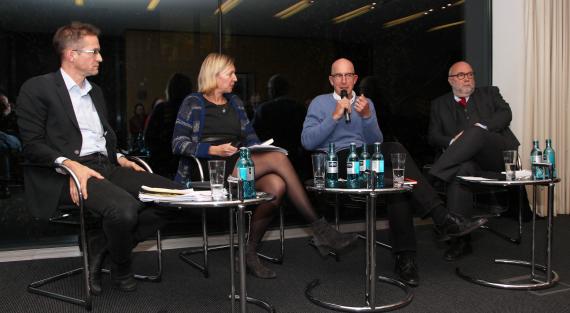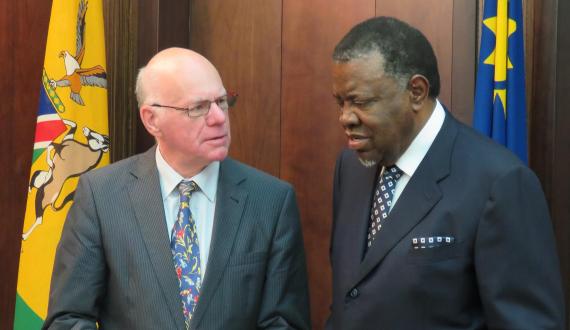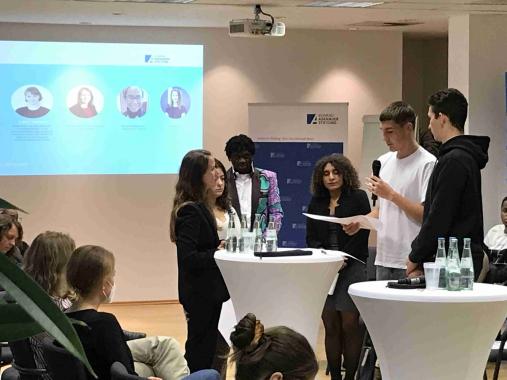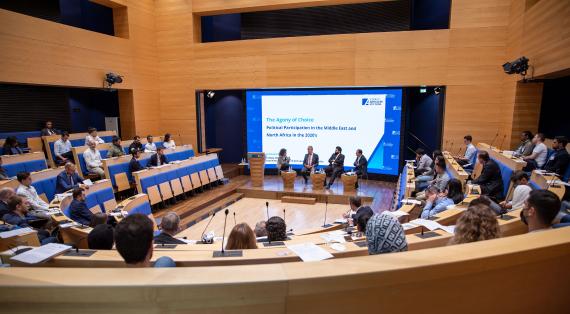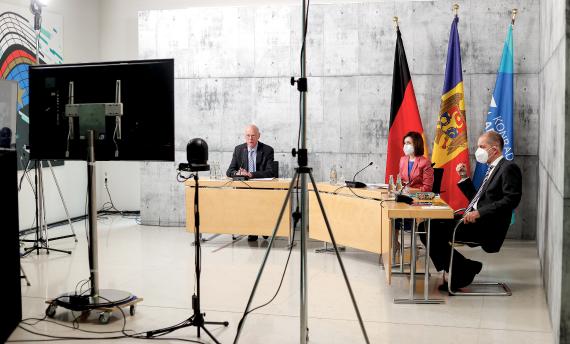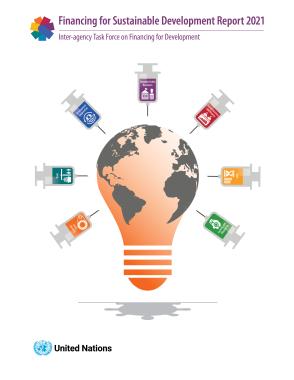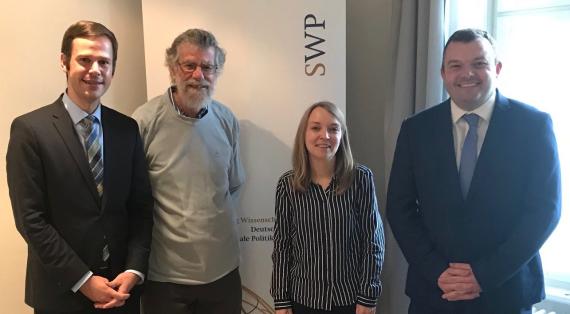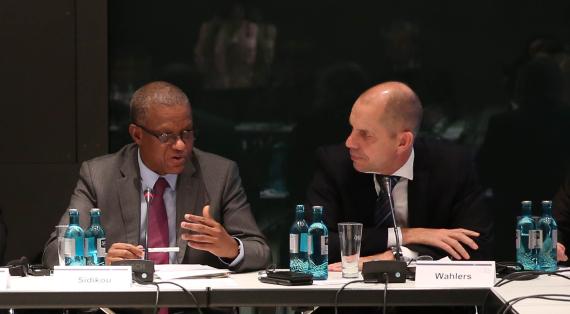Good development policy is more than just drilling wells. In other words, development policy is helping people to help themselves, working in partnership to find solutions for the different regions.
At a glance
- Successful development policy cannot be pursued in isolation. Rather, it must be understood as part of our international relations and applied in synergy with other policy fields.
- Development policy is not an end in itself, but helping people to help themselves. That means: Relevant stakeholders are specifically empowered to pay a role in the social, sustainable, ecological and economic development of their country.
- As an internationally active foundation, together with our local partners we have been implementing development policy projects in our countries of operation for over 60 years.
- In addition to improving the political framework conditions (democracy, rule of law, human rights), our goals include promoting equal rights, climate protection and economic development.
Content
1. Development policy is future policy
2. Development policy is helping people to help themselves
3. Development policy is international cooperation
4. Development policy is firmly embedded in our work
5. Our offers and projects on the topic
6. Publications, events and media contributions on the topic
Development policy is future policy
Within the meaning of the 2030 Agenda, development policy is a central field of action for achieving sustainable development worldwide. Germany can play an important role here through cooperation with partner countries around the globe in thematic areas such as combating poverty and inequality, climate and environmental protection as well as the promotion of social and economic development opportunities. For this, development policy needs to be seen as an essential component of our international relations and coherently deployed in interaction with other policy areas, such as foreign, economic and security policy.
Development policy is helping people to help themselves
By means of development policy, we advocate for the creation of humane living conditions worldwide, and foster sustainable and self-determined development. The principle of helping people to help themselves is a central guiding theme here. Targeted support intends to empower actors to contribute towards the sustainable social, economic, and ecological development of their respective countries or regions.
Against this backdrop, development policy also includes working to improve global economic framework conditions in favour of developing countries and championing the principles of social market economy across the world as well as a fair rule of law and strong institutions.
Development policy is international cooperation
This means development policy can only be conceived of in partnership, be it bilateral relations with partner countries or through cooperation at the multilateral level. With its numerous partnerships and active participation within the framework of the EU and relevant multilateral forums, Germany is well positioned here. Together like like-minded partners, we can contribute towards value-based international development and thus represent a counterbalance to players such as China.
Development policy is firmly embedded in our work
Since the 1960’s, the Konrad-Adenauer-Stiftung has been committed in its international work to improving the political framework conditions in developing countries through development policy activities, among other things, in order to foster democracy, rule of law and the respect for human rights. The promotion of equal rights, climate protection and economic development are important issues, too. That is why close cooperation with local partners is central to the Stiftung’s project work.
Our offers and projects on the topic
International offices and programmes
As part of a sustainable development policy, the commitment to democracy, rule of law, freedom and social market economy plays a prominent role for the Konrad-Adenauer-Stiftung. For this reason, we engage with our international offices worldwide, promoting democratic structures and processes, and thus helping to empower relevant players to play a role in successful and sustainable social, economic, and ecological development.
Multinational Development Dialogue
The Multinational Development Dialogue (MNED) programme located in Brussels, New York and Washington D.C., is responsible for dialogue with the European Union, NATO and the United Nations in development policy, but also for the networking of partners and experts from the worldwide KAS network with relevant institutions. Furthermore, a project team based in Brussels and Berlin supports the offices of the Konrad-Adenauer-Stiftung in third countries when applying for EU projects.
Learn more about the Multinational Development Dialogue Brussels
Learn more about Multinational Development Dialogue New York
International Media Programme
A democracy only functions if freedom of the press and of expression are guaranteed. However, these basic conditions do not exist in many countries around the world. That is why our offices in Johannesburg, Singapore and Sofia support media in the respective region with accepting its political responsibility and with contributing towards the development of democracy and strengthening statutory framework conditions. This enables the emergence of an independent media landscape as well as establishing a basis for the free formation of opinions in politics and society.
International Rule of Law Programme
Since 1990, the Konrad-Adenauer-Stiftung has complemented its international projects for democracy promotion and political dialogue with the transnational Global Rule of Law Programme. Locations of the five regional programmes are in Bogotá for Latin America, Singapore for Asia, Nairobi Dakar for Sub-Saharan Africa, Bucharest for South-East Europe and Beirut for the Middle East/North Africa. Global activities concerning the rule of law are coordinated from Berlin.
Publication series
In addition to individual publications on the issue, with the publication series “Development Policy Monitor” the Konrad-Adenauer-Stiftung provides a series of articles dedicated to the role of non-traditional donor countries in development cooperation.
Development Policy Monitor
Articles of the publication series Development Policy Monitor deal with non-traditional donor countries, the approaches and objectives that these states pursue with it, and the influence and potential impact on German development policy cooperation as well as the international development landscape.
Learn more about the series Development Policy Monitor
Networks
As part of its work as a globally active political think tank, the Konrad-Adenauer-Stiftung is attempting to establish networks and bring relevant experts together, so as to promote the exchange of ideas on internationally significant issues and problems and to help develop solutions.
Strong Cities 2030 Network
The Strong Cities 2030 network plays a crucial role in international cooperation for sustainable development. With it, the Konrad-Adenauer-Foundation has created an association in the framework of which politicians alongside urban development experts from around the world come together to discuss new approaches and ideas for functioning cities in the future.



